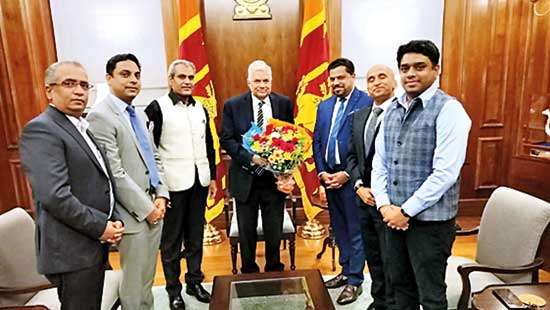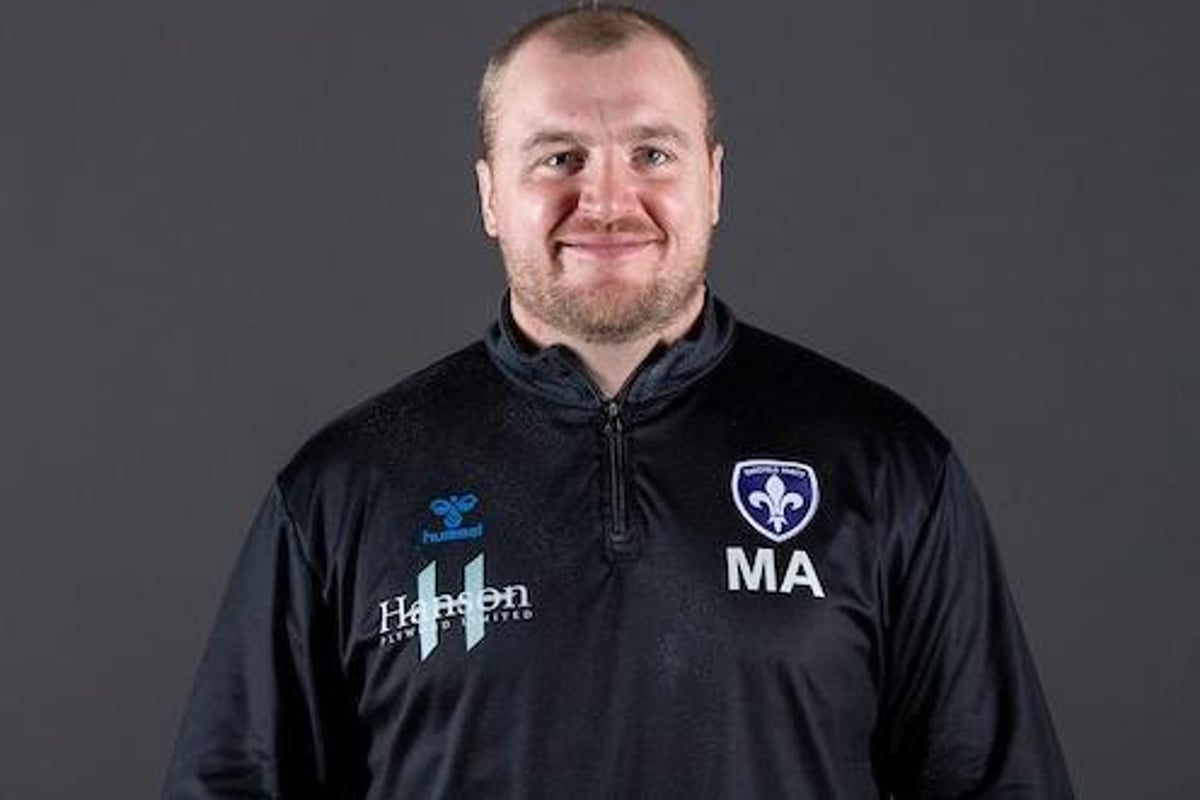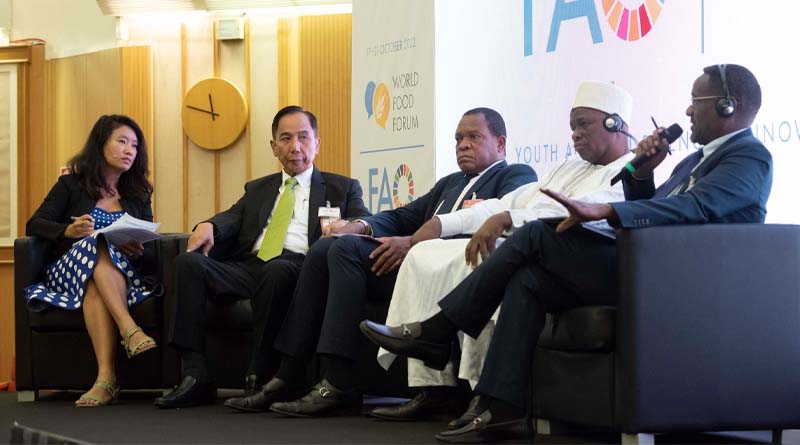We can eliminate schistosomiasis – if we work together

- Schistosomiasis, also known as bilharziasis, is a neglected tropical disease that affects 240 million people worldwide.
- It is treatable, but drugs are not enough, as the disease is waterborne and prevalent in communities that lack access to clean water and sanitation.
- A recent Lancet publication shows that the prevalence of schistosomiasis among school-aged children in sub-Saharan Africa has fallen by almost 60%.
The global COVID-19 pandemic has opened the eyes of the world to the devastating impact a single disease can have on all aspects of life. However, other diseases do not receive the same attention and research to combat them is neglected. This applies to a series of neglected tropical diseases (NTDs), one of which is schistosomiasis: 240 million people suffer from it, of which 200,000 die each year. Together with our partners, we Merck want to eliminate this disease once and for all – and the latest data show that it is possible to do so.
Schistosomiasis is a waterborne disease caused by parasitic worms. By swimming or bathing in contaminated water, people can contract the worm larvae, which then infest their internal organs. Children are particularly vulnerable to infections. They may suffer from stunted growth, develop learning difficulties, and suffer from long-term chronic illnesses later in life. The disease can ultimately lead to death.
While people suffer from schistosomiasis around the world, it is estimated that at least 90% of those in need of treatment live in sub-Saharan Africa. The disease is prevalent in communities where access to clean water and sanitation is inadequate or non-existent. Providing medicines is therefore essential, but not sufficient – that is why we are looking at the big picture.
Together against neglected tropical diseases (NTD)
Merck has been committed to the fight against schistosomiasis for 14 years now. In partnership with various other organizations, including the World Health Organization (WHO), we have set ourselves the goal of eliminating this disease completely. In doing so, we contribute to the objectives formulated by the WHO in its new roadmap for neglected tropical diseaseslaunched this year.
It sets ambitious targets for the elimination and eradication of many NTDs by 2030. If we are to achieve the targets set by the roadmap and the Sustainable Development Goals, something has to change. The Roadmap is a clear call to action – success is possible, but only if we take collaborative action and focus our work on a range of different areas.
Eliminate schistosomiasis
So what’s the best way to beat schistosomiasis? Based on expert advice, we opted for a comprehensive approach including treatment, health education and WASH (water, sanitation and hygiene). We are also researching new drugs and diagnostics, and finalizing the development of a new pediatric drug for preschoolers. Since 2007, we have delivered 1.5 billion tablets to the WHOtreating as many as 600 million school-age children infected with schistosomiasis.
To provide treatment to those in need, we are engaged in partnerships with leading institutions such as the WHO, like-minded organizations and governments. These longstanding partnerships can support and drive sustainable disease elimination in affected communities and have proven to be highly effective – and now we have the data to prove it too.
The application of “precision medicine” to save and improve lives relies on good quality, easily accessible data on everything from our DNA to lifestyle and environmental factors. In contrast to a single healthcare system, it has vast untapped potential to transform the treatment and prediction of rare diseases and disease in general.
But there is no global governance framework for this data or a common data portal. This is a problem that contributes to the premature death of hundreds of millions of rare disease patients worldwide.
The World Economic Forum’s Breaking Barriers to Health Data Governance initiative focuses on creating, testing and developing a framework to support effective and accountable access – across borders – to sensitive health data for processing. and the diagnosis of rare diseases.
Data will be shared through a “federated data system”: a decentralized approach that allows different institutions to access each other’s data without that data ever leaving the organization from which it originated. This is done through an application programming interface and strikes a balance between simply pooling data (posing security concerns) and completely limiting access.
The project is a collaboration between entities in the United Kingdom (Genomics England), Australia (Australian Genomics Health Alliance), Canada (Genomics4RD) and the United States (Intermountain Healthcare).
The Swiss Tropical and Public Health Institute recently published an article in The Lancet Infectious Diseases on schistosomiasis in school-aged children in sub-Saharan Africa. Data collected from 2000 to 2019 shows that the estimated prevalence in the region has decreased by almost 60% in sub-Saharan Africa during this period. The Institute notes that “the decrease in the prevalence of schistosomiasis is linked to the intensification of chemoprevention over the past 10 years, as well as to factors such as economic and social development on the African continent, in particular a better access to drinking water and sanitation”.
The road ahead
Although the results indicated by the data are promising, there is still a long way to go. Partnerships are at the heart of all attempts to control neglected tropical diseases, and of course the same goes for schistosomiasis. We are committed to continuing the fight against schistosomiasis with our partners. Our commitment is also an integral part of our company strategy sustainability strategy and supports one of the three goals we have set ourselves: to achieve human progress for more than a billion people through sustainable science and technology by 2030.
For us, sustainable entrepreneurship and profitable growth go hand in hand. We can only ensure our own future success by also creating lasting value for society. I firmly believe that a world without schistosomiasis is possible and we will do our part to work towards its elimination.






